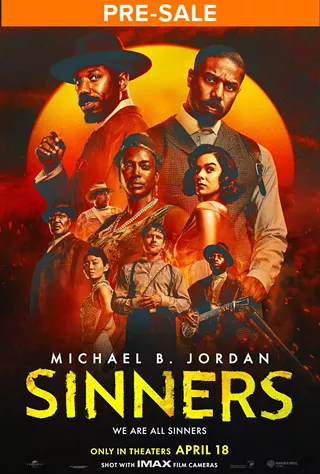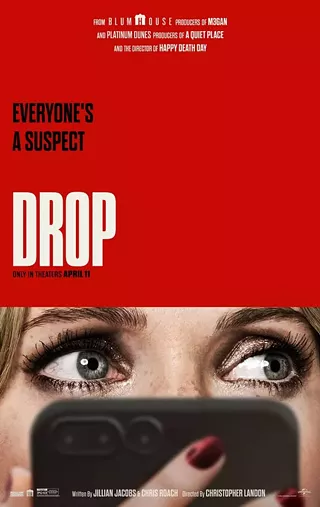The age-old battles of good versus evil usually have one conclusion, at least in fiction: The hero prevails, and the vanquished villain—if he lives to fight another day—vows he would have gotten away with it, too, if not for those meddling kids and their darned dog.
But what if the bad guy wins every once in a while? In the animated Megamind, the protector of Metro City is Metro Man (voiced by Brad Pitt), who has deflected every attack on the fair city by the blue-headed Megamind (Will Ferrell), going back as far as grade school. But the villain is, if nothing else, innovative, and hatches a scheme to break out of prison, kidnap Roxanne Ritchi (Tina Fey)—the local reporter he always kidnaps—and lure Metro Man into the trap to end all traps.
This time, the scheme pays off, much to Megamind's surprise, and a lifetime of fiendish plots goes down the drain, because the villain suddenly has no purpose. What good is being bad if there's no good to balance it out? Megamind finds himself melancholy, one of several words—like hello and even Metro City—that he humorously can't pronounce.
The only way the villain can once again feel needed by society is to create a hero in Metro Man's image (and, not to be overlooked, with his DNA). Megamind hopes such a strategy will lead to a return of the good old days, when he lost all the time, like other villains. While Megamind is a tad more entertaining than it probably has a right to be, the film is, by and large, never more creative than the initial concept: The bad guy becomes despondent once he reaches his goal.
Behind the scenes, there were a few major changes within the past 18 months or so that could have signaled trouble ahead for the film.
For starters, it used to be called Oobermind, a funnier name, perhaps, but not as symmetrical. It probably didn't test well, and in the animation business, being marketable is as big of a consideration as anything. It also was slated to feature the voice of Robert Downey Jr. instead of Will Ferrell. That would be hard to imagine now, with Ferrell reaching back to Mugatu—his daft Zoolander antagonist—to inform Megamind. Truth be told, Ferrell is easily the best thing about this cartoon, and seldom has that been the case in any of his films, particularly in projects that he didn't build from the ground up (like Anchorman or The Other Guys).
Despite all of the changes, there are still some issues with the film, primarily technical ones. The animation style is not very interesting; the 3-D is equally boring; and the voices don't always sync to the onscreen action. It is particularly true of Tina Fey's damsel in distress; it seems as if much of her dialogue was reworked after the fact. That won't matter to kids, but it indicates a rather hurried production, which is also underscored by the switcheroos with the title and the title character.
Those things do matter in the broader sense, though, regardless of what 6-year-olds think. Pixar famously spends roughly a half-decade developing all aspects of its films, and the company's most recent—Toy Story 3—is a definite Best Picture nominee, and could even be the favorite to win, as shocking as that may seem. Eventually, an animated film will take home Best Picture, and Pixar has the clear advantage over DreamWorks, the company behind Megamind; the overwhelming majority of the time, DreamWorks is not producing films of the same quality as Pixar.
What's puzzling is that DreamWorks' ideas are not entirely threadbare: While the company's bread is buttered with Shrek and Madagascar sequels, none of them truly worth remembering, DreamWorks recently produced How to Train Your Dragon and Kung Fu Panda, both of which were more visually appealing, narratively concise and consistently entertaining than Megamind. In fact, this movie is so lifeless without Ferrell's prancing theatrics that it's worth speculating whether he was brought in at the 11th hour to give the film some life.
The rest of the cast—Fey, Pitt, Jonah Hill and David Cross—aren't known for creating new characters out of thin air, so Ferrell has very little to help him here. Look back at Toy Story 3, and remember that it's two supporting actors, Michael Keaton and Ned Beatty, who generate the most interesting moments.
It's as if the plot were created by Megamind himself: It might be ingeniously devised, but the details never got ironed out. The film is sloppy, a little tired and disposable. It is good for a few laughs, but not at the 3-D ticket price.









